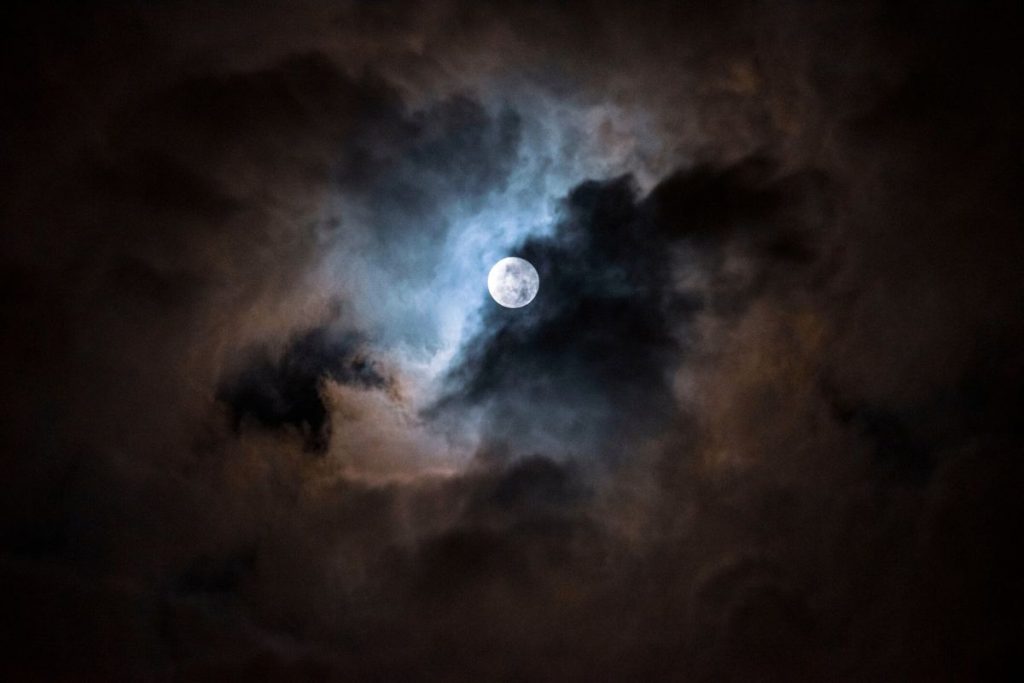Prepare yourself for an unsettling new addition to Netflix’s lineup. The streaming giant is about to bring a new post-apocalyptic drama to life, and it’s sure to leave you rethinking the future. The series, based on the haunting 1984 film Threads, promises to be a dark, gritty exploration of a world after nuclear devastation. Set to haunt audiences in 2025, Threads is being reimagined for today’s generation, offering a terrifying glimpse into a world many feared during the height of the nuclear threat.
A Revolutionary Film Gets Rebooted
Originally released in 1984, Threads was a groundbreaking film that left an indelible mark on its audience. Directed by Mick Jackson and written by Barry Hines, the film’s stark portrayal of a post-nuclear United Kingdom stunned viewers with its realism and emotional weight. It painted a chilling picture of life after a nuclear attack, showing the devastating consequences on ordinary people in an era when the threat of nuclear war was all too real.
For those who lived through the Cold War, Threads was a stark reminder of the fragility of peace. It left a lasting impact, becoming a cult classic due to its brutal honesty and unflinching look at the effects of nuclear conflict. Today, it’s considered a revolutionary work that helped shape how apocalyptic stories are told, capturing the fear and despair of a generation.
A Modern Adaptation for Today’s World
Fast forward to today, and Threads is about to be given a modern twist. Warp Films, the production company behind the cult hit Adolescence, has confirmed it will be adapting Threads into a new series. The decision to bring this story to a new generation is timely, considering the renewed fears surrounding nuclear conflict and global instability.
“We believe Threads is the perfect story for today,” said the CEO of Warp Films. “It imagines the devastating effects of nuclear conflict on ordinary people, and that’s something that feels just as relevant now as it did in the 1980s.” The series will aim to explore contemporary issues through powerful storytelling, focusing on character-driven narratives that resonate deeply with modern audiences.
A Timely Story That Resurfaces
The original Threads came out during a time when nuclear war was a very real threat. It captured the anxiety of an entire generation, reflecting the global fears of mutually assured destruction and the possibility of total annihilation. As the years went by, the threat seemed to recede, but recent global tensions have brought these fears back to the forefront. In this context, the rebooted series will tap into the same anxieties, but through the lens of today’s world, where the specter of nuclear conflict has once again become part of the conversation.
“The original Threads was a work of art that terrified and captivated people because it made them confront the reality of nuclear devastation,” said a spokesperson for Warp Films. “Now, with the world facing new geopolitical tensions, the story feels even more relevant, and we’re excited to bring it back in a format that’s both familiar and fresh.”
What to Expect from the Series
Currently in preproduction, the Threads series will begin filming in late 2025, though no official release date has been announced. Fans of the original film can expect the same grim realism that made the movie a landmark in apocalyptic storytelling. The series will delve into the psychological and societal impacts of nuclear war, offering a narrative that is as much about human survival as it is about the moral choices people must make in the face of destruction.
Details on the cast and exact number of episodes are still under wraps, but anticipation is already building. With the legacy of the original film and the weight of the subject matter, this series is poised to be one of Netflix’s most thought-provoking dramas.
As we move further into the 21st century, Threads is not just a story about the past—it’s a chilling reminder of how close we still are to facing the worst-case scenario. Get ready for a drama that will make you question everything about the world we live in.



